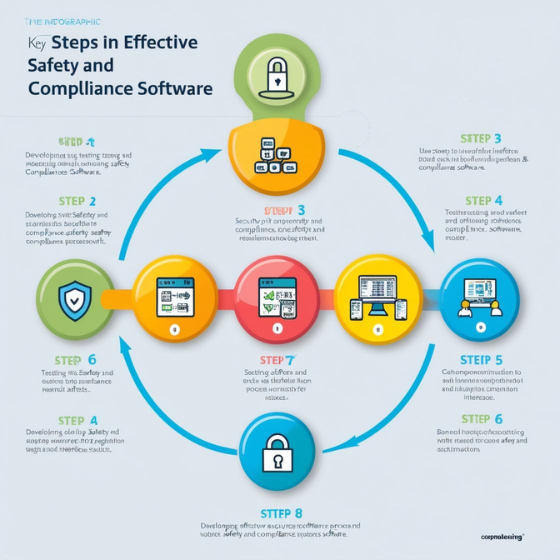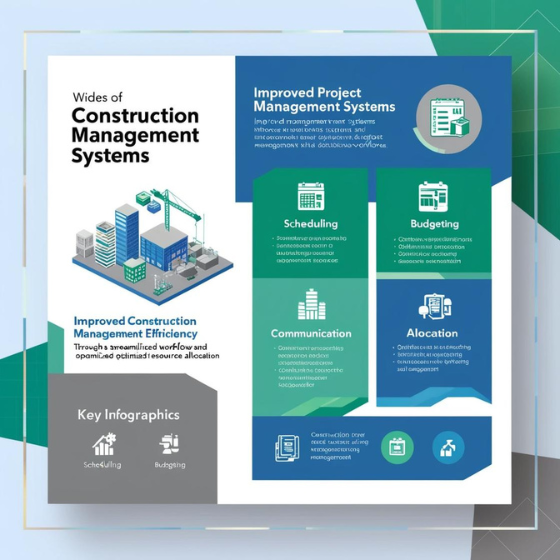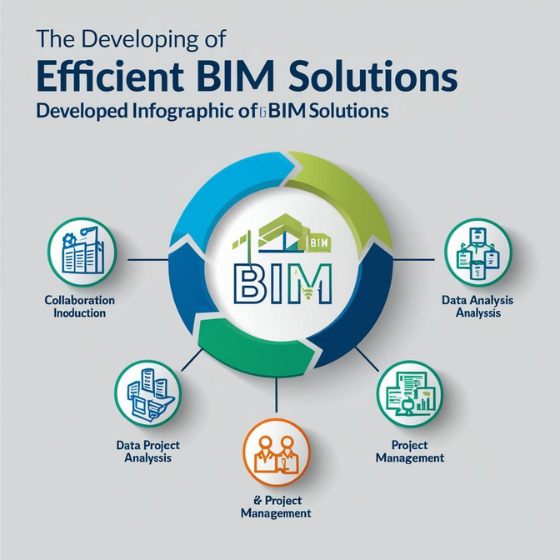Field Service Management: Ensuring On-Site Efficiency
In industries ranging from telecommunications to construction and healthcare, Field Service Management (FSM) plays a critical role in maintaining operational efficiency. Managing on-site tasks effectively—whether it’s installation, maintenance, or repairs—requires more than skilled technicians. It demands robust systems that streamline scheduling, dispatching, and communication.
This blog delves into how field service management systems can transform operations, key features to look for, and best practices to maximize on-site efficiency.
What Is Field Service Management?
Field Service Management (FSM) refers to the coordination of resources, tools, and staff involved in on-site operations. These tasks often require technicians or service representatives to visit locations to perform services, such as installations, inspections, or equipment repairs.
Effective FSM ensures that the right technician is dispatched at the right time, equipped with the necessary tools and information, to deliver high-quality service with minimal delays.
Key Components of FSM:
- Scheduling and dispatching field workers.
- Tracking work orders and job progress.
- Managing inventories and tools.
- Enhancing customer communication and satisfaction.
- Ensuring compliance with safety and regulatory standards.
How FSM Ensures On-Site Efficiency
1. Optimized Scheduling and Dispatching
Efficient scheduling is the backbone of FSM. Field service management systems use automation and AI-driven tools to:
- Allocate tasks to technicians based on proximity, skill set, and availability.
- Minimize downtime and travel time.
- Adapt to last-minute changes, such as cancellations or emergencies.
Example: A telecommunications company reduced on-site delays by 30% by using an FSM system to dispatch technicians based on real-time GPS data.
2. Real-Time Tracking and Communication
Real-time updates are essential for effective coordination between field teams and back-office staff. FSM systems enable:
- GPS tracking of technicians for better visibility.
- Instant updates on job status and task completion.
- Seamless communication between technicians, managers, and customers.
This reduces miscommunication and ensures swift resolution of on-site issues.
3. Enhanced Resource Management
FSM systems help companies manage tools, vehicles, and spare parts more effectively. Features include:
- Real-time inventory tracking to ensure technicians have the required tools.
- Notifications for low stock levels to avoid delays.
- Maintenance scheduling for vehicles and equipment.
Pro Tip: Integrate IoT devices to track tool usage and predict maintenance needs.
4. Improved Customer Satisfaction
Satisfied customers are the cornerstone of any successful business. FSM systems contribute to better service experiences by:
- Providing accurate service windows and real-time updates to customers.
- Offering self-service portals for tracking service requests.
- Ensuring technicians arrive prepared with the right tools and information.
5. Compliance and Safety Assurance
On-site tasks often involve safety regulations and compliance standards. FSM systems assist with:
- Automating compliance checklists and documentation.
- Monitoring technician certifications and training records.
- Sending alerts for safety violations or overdue certifications.
This ensures both worker safety and adherence to regulatory requirements.
Key Features of Effective FSM Systems
1. Intelligent Scheduling
AI-driven scheduling tools optimize routes and assign tasks based on technician skills, availability, and location.
2. Mobile Accessibility
Mobile apps ensure that field technicians can access job details, upload reports, and communicate with customers or managers directly from their devices.
3. Integration Capabilities
Integrate FSM systems with existing CRM, ERP, or inventory management platforms for a unified workflow.
4. Analytics and Reporting
FSM systems should provide insights into key metrics like first-time fix rates, average response times, and customer satisfaction scores.
5. IoT Integration
Leverage IoT devices for predictive maintenance, enabling technicians to address issues before they escalate.
Best Practices for Field Service Management
1. Empower Your Field Technicians
Provide field teams with mobile tools and real-time access to customer data, task details, and inventory information.
2. Leverage Automation
Automate repetitive tasks like scheduling, invoicing, and report generation to save time and reduce errors.
3. Focus on Customer Experience
Offer transparent communication, such as live tracking of technician arrival times, to enhance customer satisfaction.
4. Monitor Performance Metrics
Use FSM analytics to track KPIs and identify areas for improvement. For example:
- First-Time Fix Rate: The percentage of jobs completed on the first visit.
- Response Time: The time it takes to address a customer request.
5. Invest in Training
Regularly train field technicians on new tools, safety protocols, and customer service practices.
Benefits of Implementing FSM Systems
1. Increased Productivity
Automation and real-time data access allow technicians to focus on completing tasks efficiently.
2. Cost Savings
Optimized scheduling reduces fuel costs and technician downtime.
3. Enhanced Customer Satisfaction
Timely service and transparent communication lead to happier customers and improved retention.
4. Better Resource Utilization
Real-time inventory tracking ensures that technicians are always equipped to handle tasks.
5. Data-Driven Decisions
FSM systems provide actionable insights to refine operations and improve service quality.
Why Choose Sodio for Your FSM Solution?
At Sodio, we specialize in creating customized FSM systems tailored to your industry’s needs. Here’s how we can help:
- Custom Features: From intelligent scheduling to IoT integration, we design FSM solutions that address your specific challenges.
- Mobile-First Design: Our mobile-friendly systems ensure seamless access for your field technicians.
- Scalable Solutions: Whether you manage a small team or a nationwide workforce, our FSM systems grow with your business.
- Data-Driven Insights: Gain actionable insights to optimize performance and improve service quality.
Final Thoughts
Field Service Management is the backbone of efficient on-site operations. By leveraging the right tools and strategies, businesses can optimize workflows, enhance customer experiences, and stay ahead of the competition.
Ready to elevate your field service operations? Contact Sodio today to learn more about our custom FSM solutions and take your on-site efficiency to the next level.







